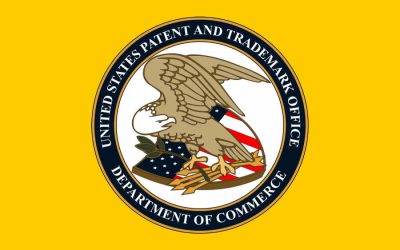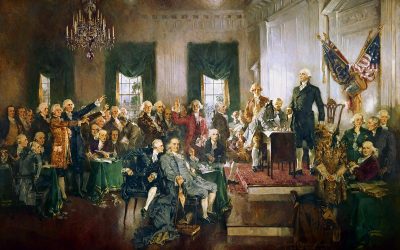Adam Mossoff addresses the nature of patent rights, emphasizing the Founding Fathers’ moral achievement in securing patents and other intellectual property rights in U.S. law.
The Patent Eligibility “Quagmire”
If the United States is to retain our innovation edge, patent eligibility doctrine must be returned to the “anything under the sun that is made by man” standard.



